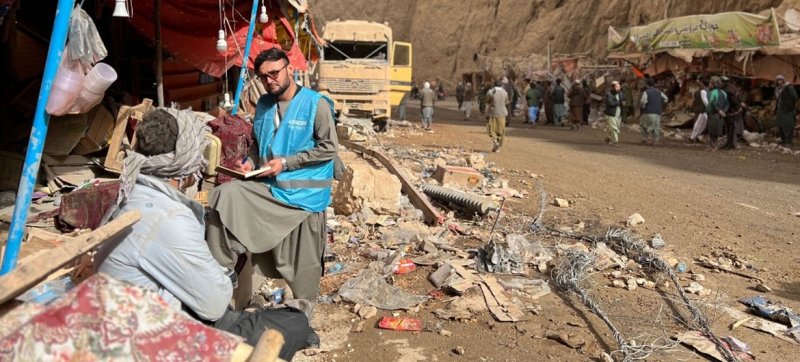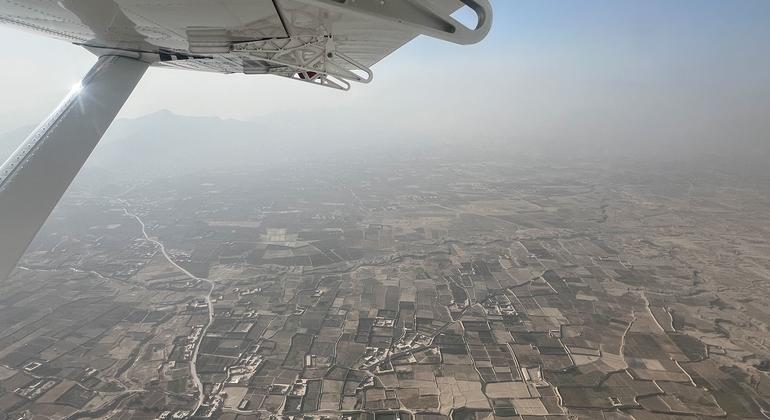
UNICEF is providing support to families affected by the earthquake in northern Afghanistan. New earthquake in Afghanistan: UN agencies provide assistance to victims Humanitarian assistance
UN humanitarian agencies have mobilized efforts in northern Afghanistan following a powerful magnitude 6.3 tremor that struck Monday night, just two months after a devastating earthquake struck the eastern part of the country. According to preliminary data, at least 20 people were killed and hundreds were injured.
The Director General of the World Health Organization (WHO), Tedros Adhanom Ghebreyesus, said that agency staff were already at the scene and providing assistance to the victims. The World Food Program (WFP) is conducting an emergency assessment of the consequences and supporting residents of areas located in the disaster zone.
The earthquake occurred at about 1 am local time near the city of Mazar-i-Sharif – tremors destroyed buildings and left sleeping people under the rubble. Videos posted on social media showed residents moving among the ruins of the Shrine of Hazrat Ali (Blue Mosque), one of the most revered sites for Shiite Muslims.

Casualties were also reported from the mountainous province of Samangan, but an initial aerial assessment conducted by the UN with the support of Swiss authorities showed that the destruction was less extensive than expected.
“We flew over the most densely populated areas in the earthquake zone. “Fortunately, we have not seen widespread destruction similar to what we saw in Kunar province just a few weeks ago,” said Richard Trenchard, Acting UN Humanitarian Coordinator for Afghanistan.Meanwhile, Afghanistan remains in a humanitarian crisis following a magnitude 6.0 earthquake that destroyed thousands of homes and infrastructure in the eastern Kunar province on August 31. Hundreds of thousands of people were forced to flee their homes and nearly half a million were in need of urgent medical attention.
“What began as an emergency has now become a displacement crisis, with families forced to live in temporary settlements for long periods of time, facing increasing health risks,” the statement said. WHO.
The organization warns of drinking water shortages, the spread of open defecation and women’s limited access to health services due to a “lack of female health workers and privacy.”
WHO says mothers and newborns remain particularly vulnerable amid cuts in humanitarian funding. At the same time, vaccinations, treatment of chronic diseases and psychological support for victims are pressing issues.
UN agencies and their partners on the ground emphasize the importance of coordinating efforts and involving local communities in recovery processes. They are currently deploying relief supplies, mobilizing medical teams to prevent disease outbreaks, and helping rebuild damaged hospitals.
